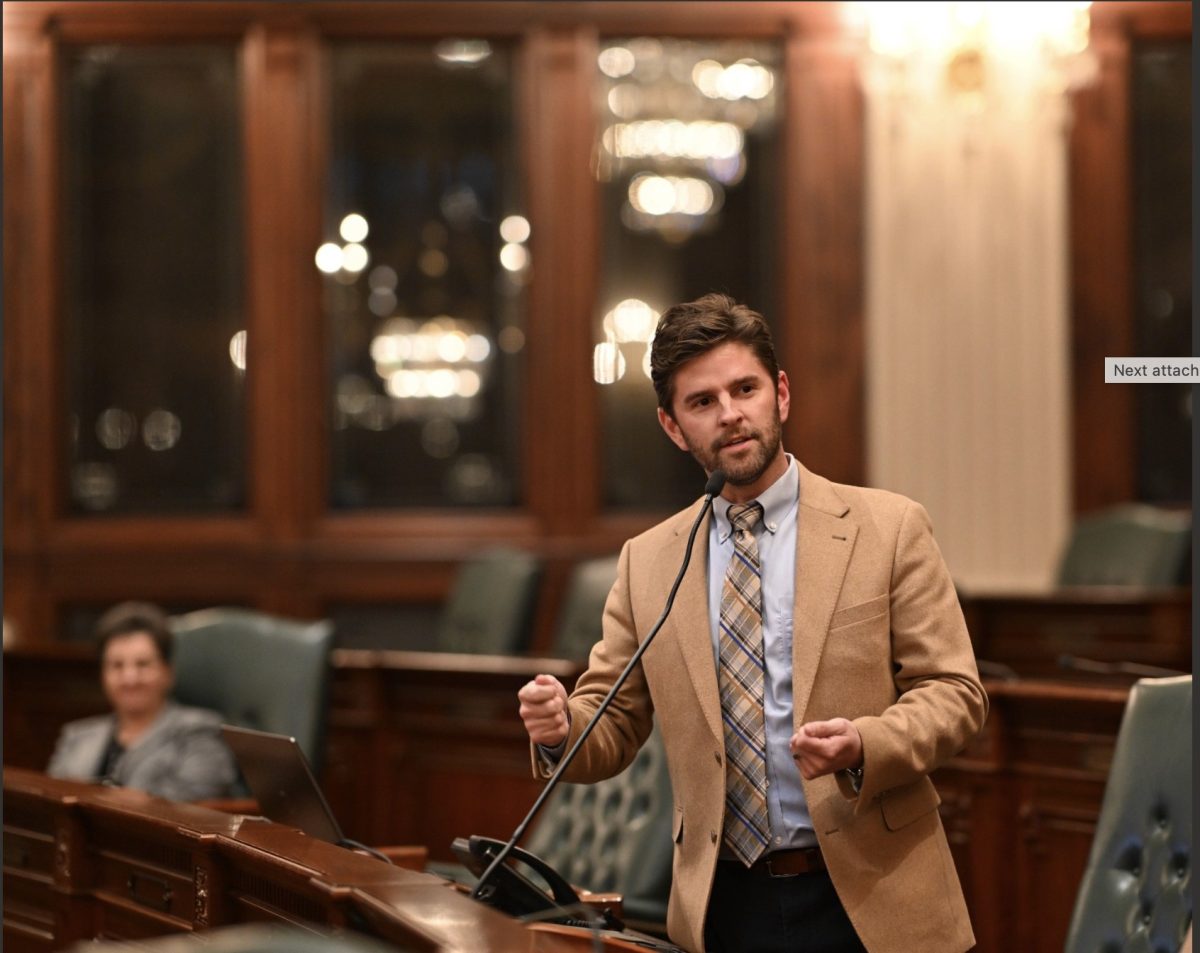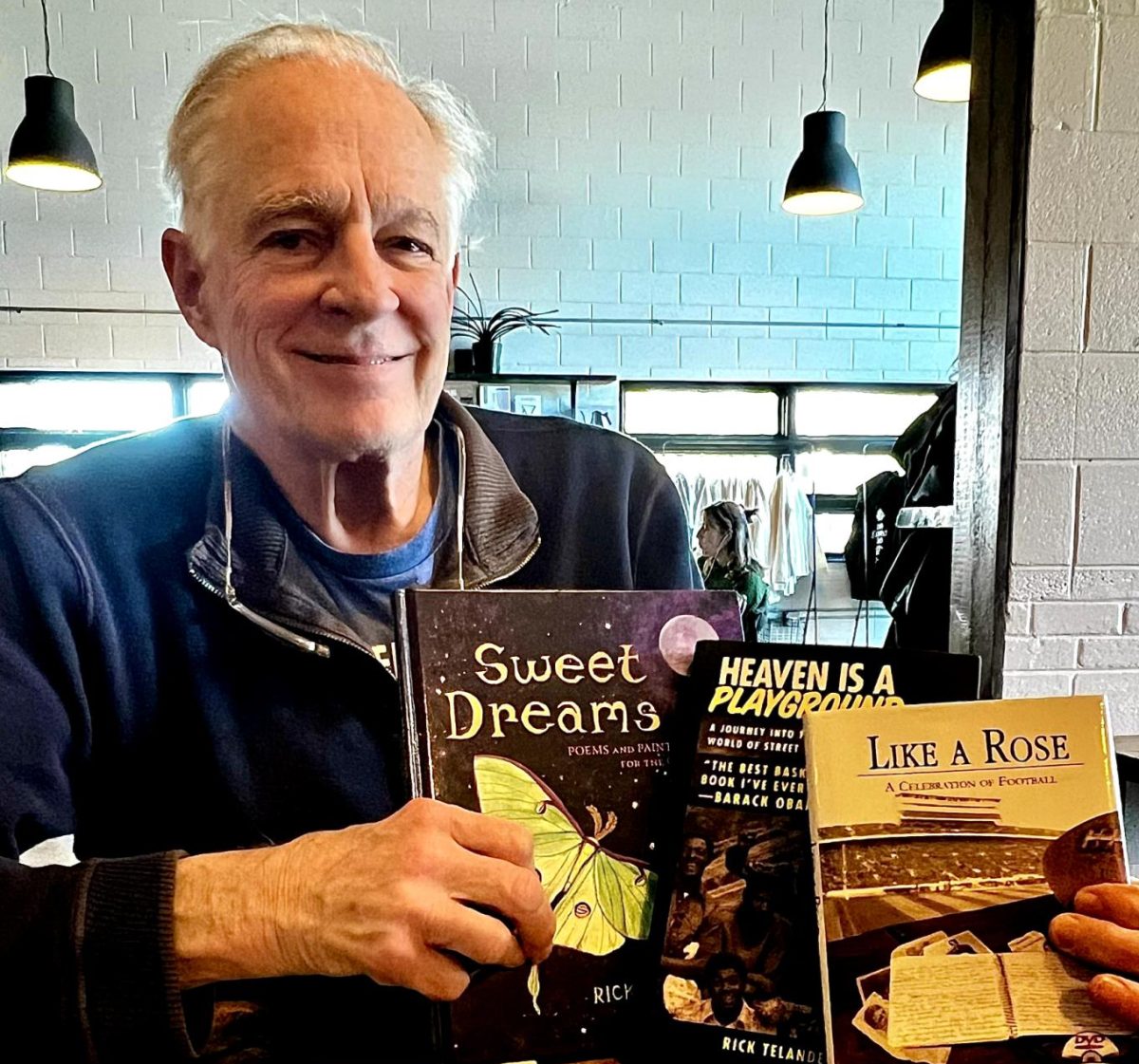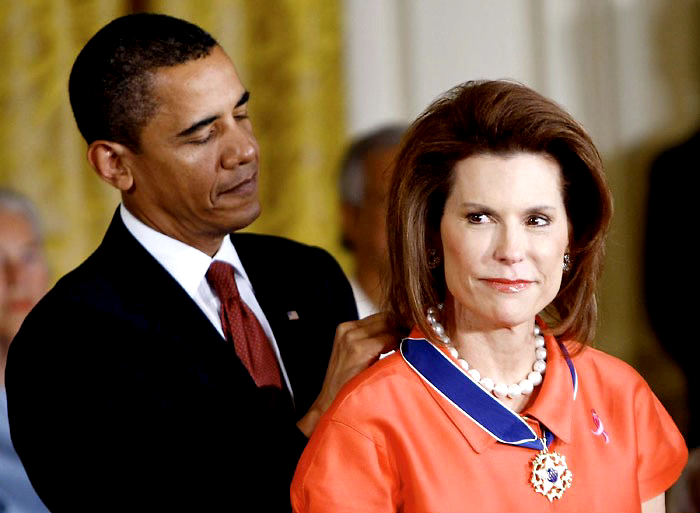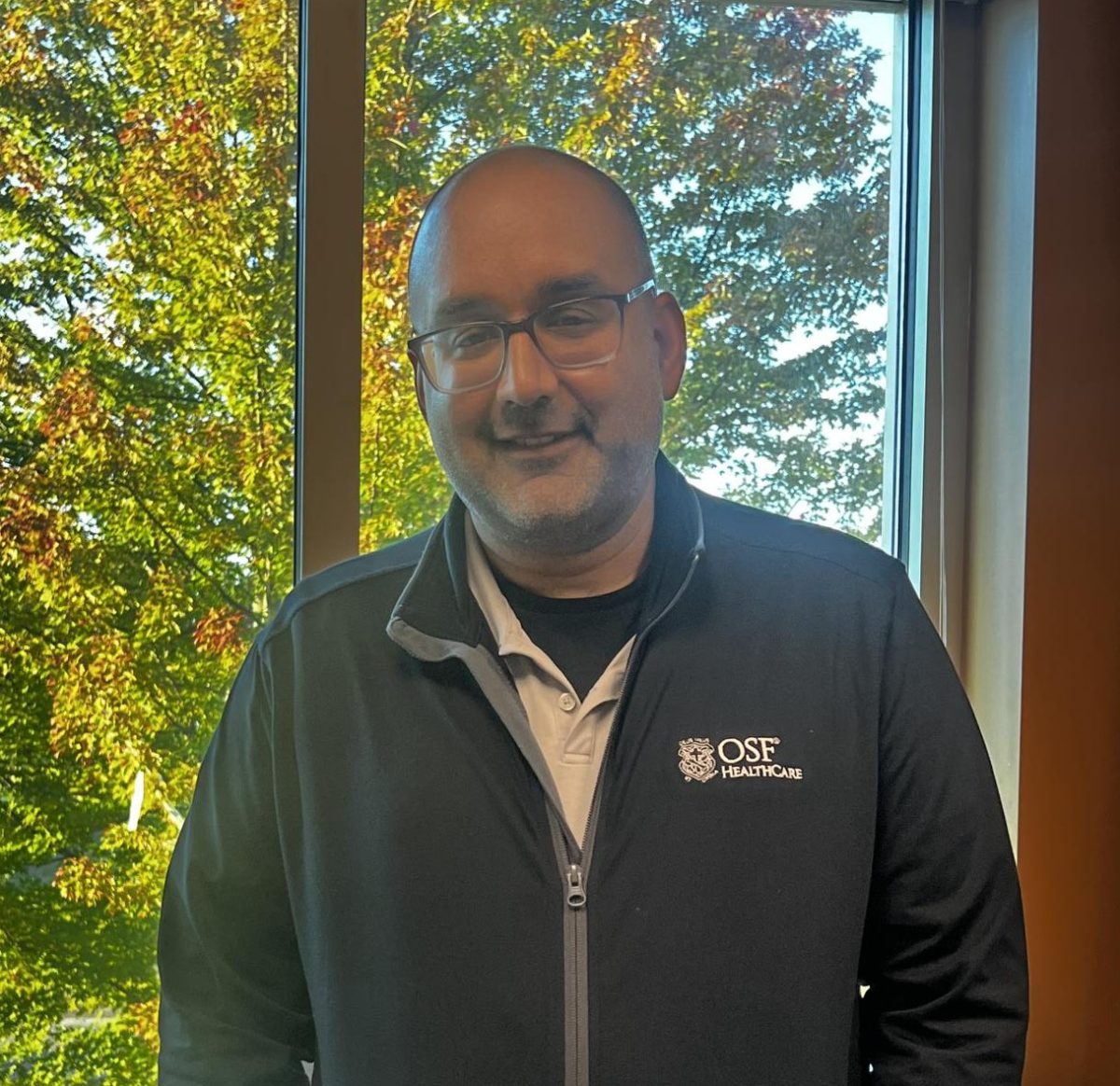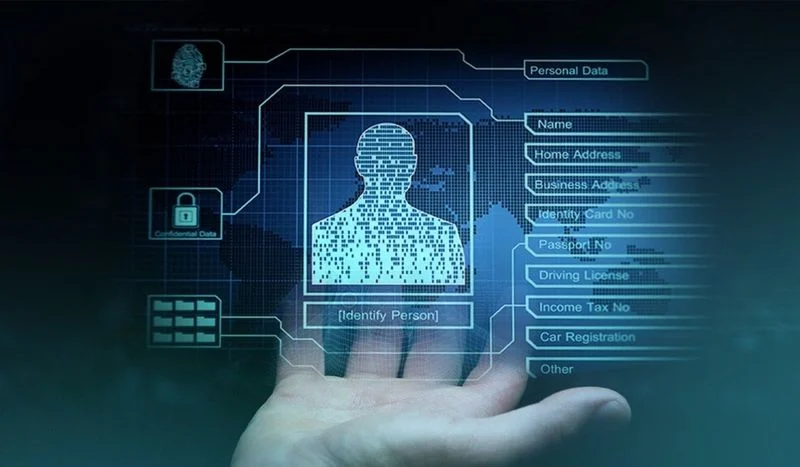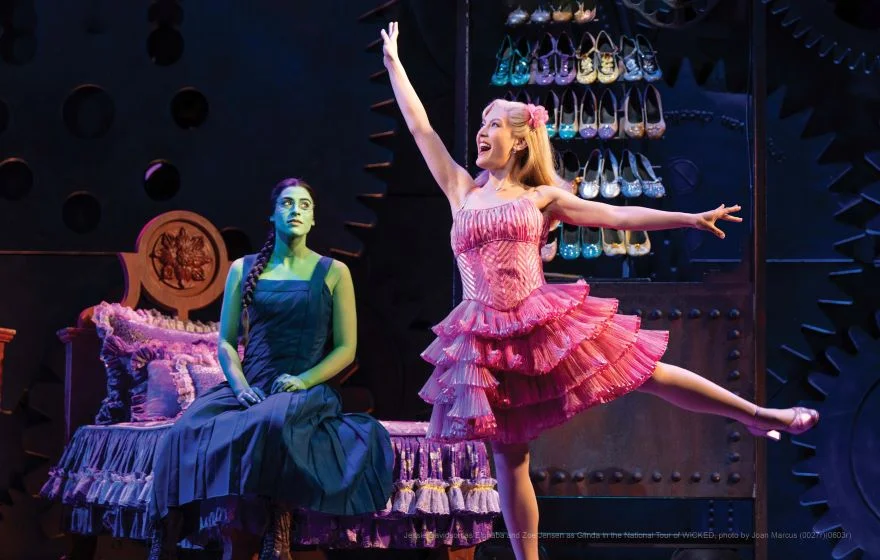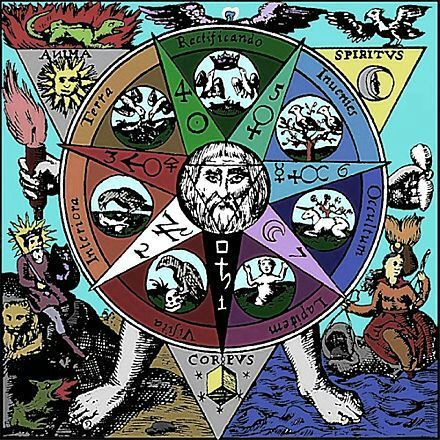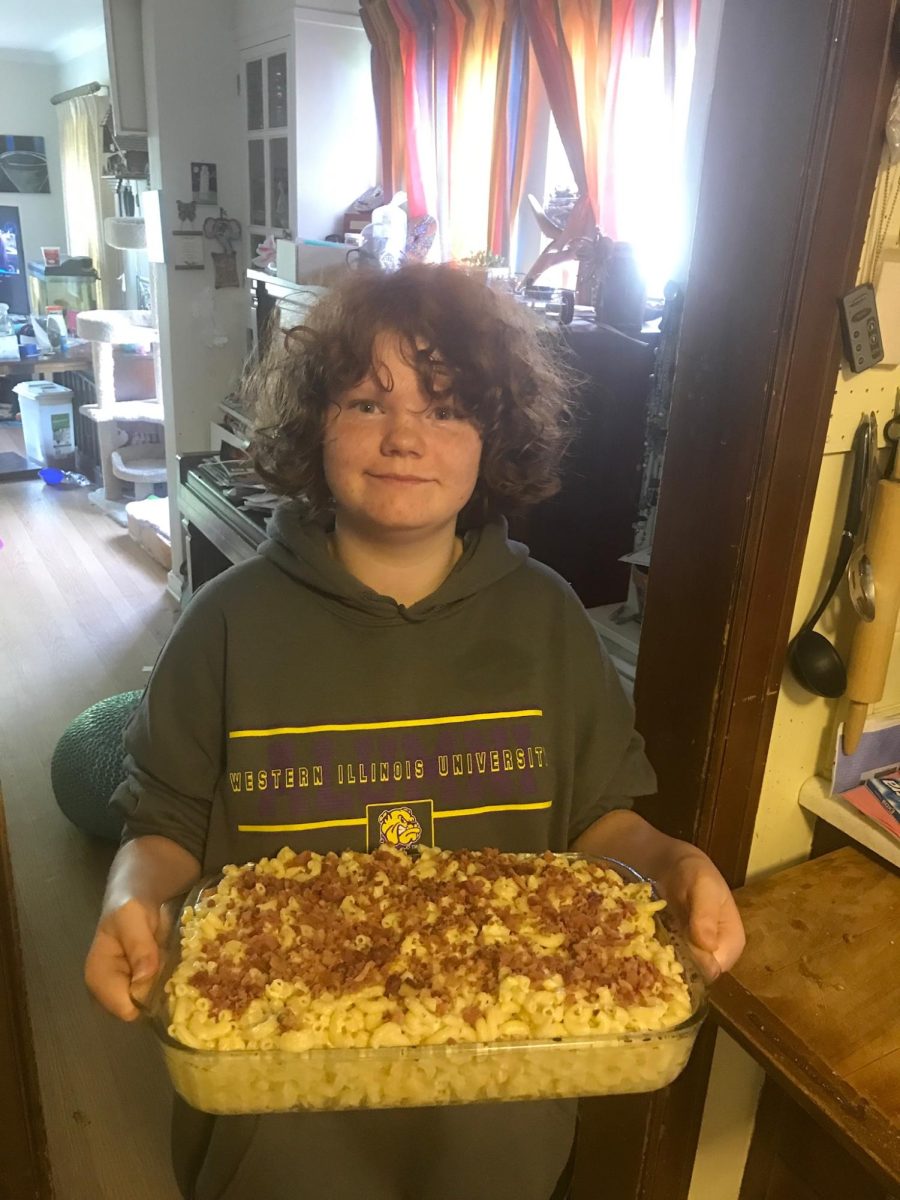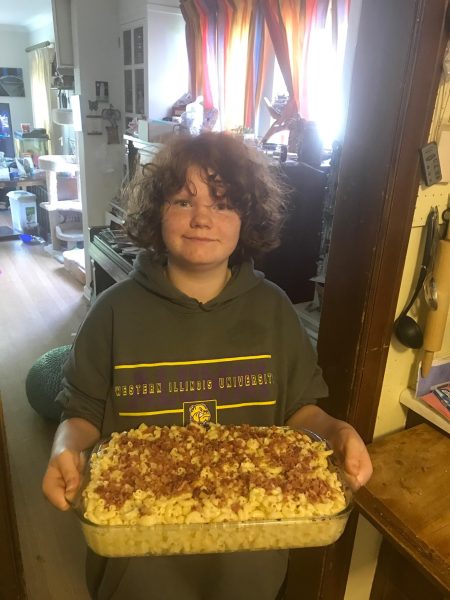Jada Unfiltered: Mental Health Recognition in Children and Teens
How adult opinions of mental illness discredits emotions of children
Emotions are a trait that every human being has, and to try and lessen someone’s feelings simply because of their age is disrespectful. Adults sometimes get lost in the fact that the world is evolving, and many things are changing within the new generations coming up. Experience is not everything and does not define whether a younger person can feel a specific way and have certain emotions. That leads into my topic today, which is how younger people’s mental health is not acknowledged enough, and often dismissed by the older generations.
It is completely unfair to tell someone that their feelings are invalid because they have not gone through the experiences of adulthood. However, age does not discredit the emotions of children. Lots of younger adults and children undergo massive amounts of stress such as school, sports, and social media. According to MedCrave.com, individuals between the ages of 15-24 have the highest suicide rates. That is an incredibly young age in the spectrum of one’s entire life. Additionally, it represents how the mental health epidemic is targeted, but not limited to, the younger generation of the world.
As a result of the world evolving, the young generation has many other factors that could cause more mental health issues other than biological traits, such social media, tv, internet, more demanding curriculum in schools, etc. Kids today deal with different situations in current society compared to the youth decades ago. Anxiety is becoming increasingly common among the young generation of today, because of all the society norms and toxicity being broadcast across the internet. The pandemic has only made matters worse with more people isolated at home. In prior years before social media, that was not a factor for mental health. There are many other contributors that can cause different mental stress in kids, but when people of older status see how children are feeling and dismiss them because of age, it only worsens the problem. Often, children are told that they are too young to be sad, or angry, because childhood is assumed to be the “easiest” part of life. However, they are introduced to more serious issues today than if they were to be born at an earlier time. They can experience depression, anxiety, bipolar disorder, etc., because children are also human beings just as adults, making age meaningless.
So, the message I end with today, is to be understanding and listen to the young people of today when they are not feeling good or say they are experiencing mental issues that might not be “common” for younger children.

Jada is a senior at Richwoods and writes opinion articles. Jada participates in various clubs and is a member of the basketball team. Jada also loves anime...



